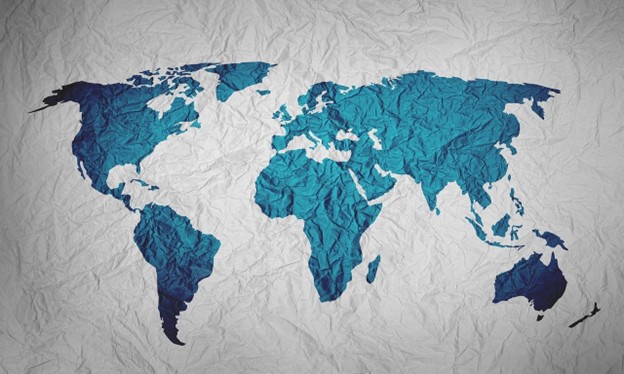The Director of National Intelligence (DNI) released the 2025 Annual Threat Assessment by the US Intelligence Community (IC) this week. The 31-page report analyzes threats posed by foreign state and non-state adversaries and the types of threats facing our nation. It opens by stating that “Russia, China, Iran and North Korea—individually and collectively—are challenging US interests in the world by attacking or threatening others in their regions, with both asymmetric and conventional hard power tactics, and promoting alternative systems to compete with the United States, primarily in trade, finance, and security.”
In its strategic overview of Russia’s ongoing war in Ukraine the report cites Russia’s use of that conflict as a proxy for conflict with the West. Putin’s objective, it says, is to restore Russian strength and security in its near abroad against perceived US and Western encroachment. This has resulted, according to the DNI, in increasing the risks of unintended escalation between Russia and NATO. Specifically, it notes that “The resulting heightened and prolonged political-military tensions between Moscow and Washington, coupled with Russia’s growing confidence in its battlefield superiority and defense industrial base and increased risk of nuclear war, create both urgency and complications for U.S. efforts to bring the war to an acceptable close.”
The assessment further suggests that regardless of how and when the war ends, trends point to Russia’s resilience and “enduring potential threat to US power, presence, and global interests.” China and North Korea’s expanded backing of President Vladimir Putin have also aided Russian efforts. The report notes that the Russian people are relatively passive in accepting the high price of the conflict, making it more likely Putin will remain in power for the foreseeable future. This comes at a defining time in Putin’s career when he is considering his personal legacy.
Economically, Western efforts to isolate and sanction Russia appear to be accelerating the country’s investments in alternative partnerships to offset and circumvent US and Western sanctions and export controls. Russia is taking these actions “even if at the cost of greater vulnerability to Chinese influence.” It is also expanding military cooperation with Iran and North Korea and increasingly willing to play “spoiler” at the United Nations and with the BRICS Group (Brazil, Russia, India, China, South Africa) to push de-dollarization policies.
Intelligence assessments point to Russia’s economy as sustaining its fourth largest place in the world despite the war effort. (European countries are analyzed as separate states and not as a single trading bloc.) It says: “Russia has shown it can navigate substantial economic challenges resulting from the ongoing drains of the war, Western cost imposition, and high inflation and interest rates, for at least the near term by using financial and import substitution workarounds, maintaining low debt, and continuing investments in the defense-industrial base.”
Although Russia has suffered sizable ground force losses, it retains its strategic pillars of military power, including a diverse and robust nuclear deterrent and asymmetric capabilities, with particular strength in counterspace and undersea warfare resources. The IC report says that Moscow’s air and naval forces are intact and its air force more modern and capable than in 2014 at the start of the war. Of particular concern it its growing arsenal of conventional capabilities, including theater strike weapons that pose a threat to US allies in Europe. Putin’s advanced WMD and space programs now threaten the US homeland and provide key warfighting advantages. The DNI finds that in 2025 “Russia will continue to be able to deploy anti-U.S. diplomacy, coercive energy tactics, disinformation, espionage, influence operations, military intimidation, cyberattacks, and gray zone tools to try to compete below the level of armed conflict and fashion opportunities to advance Russian interests.”
The war in Ukraine, it suggests, has afforded Moscow a “wealth of lessons” regarding combat against Western weapons and intelligence in a large-scale war. It points out that the experience “will challenge” future US defense planning not only with Russia, but also with those states with whom it is sharing the lessons learned.
Daria Novak served in the U.S. State Department
Illustration: Pixabay
